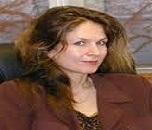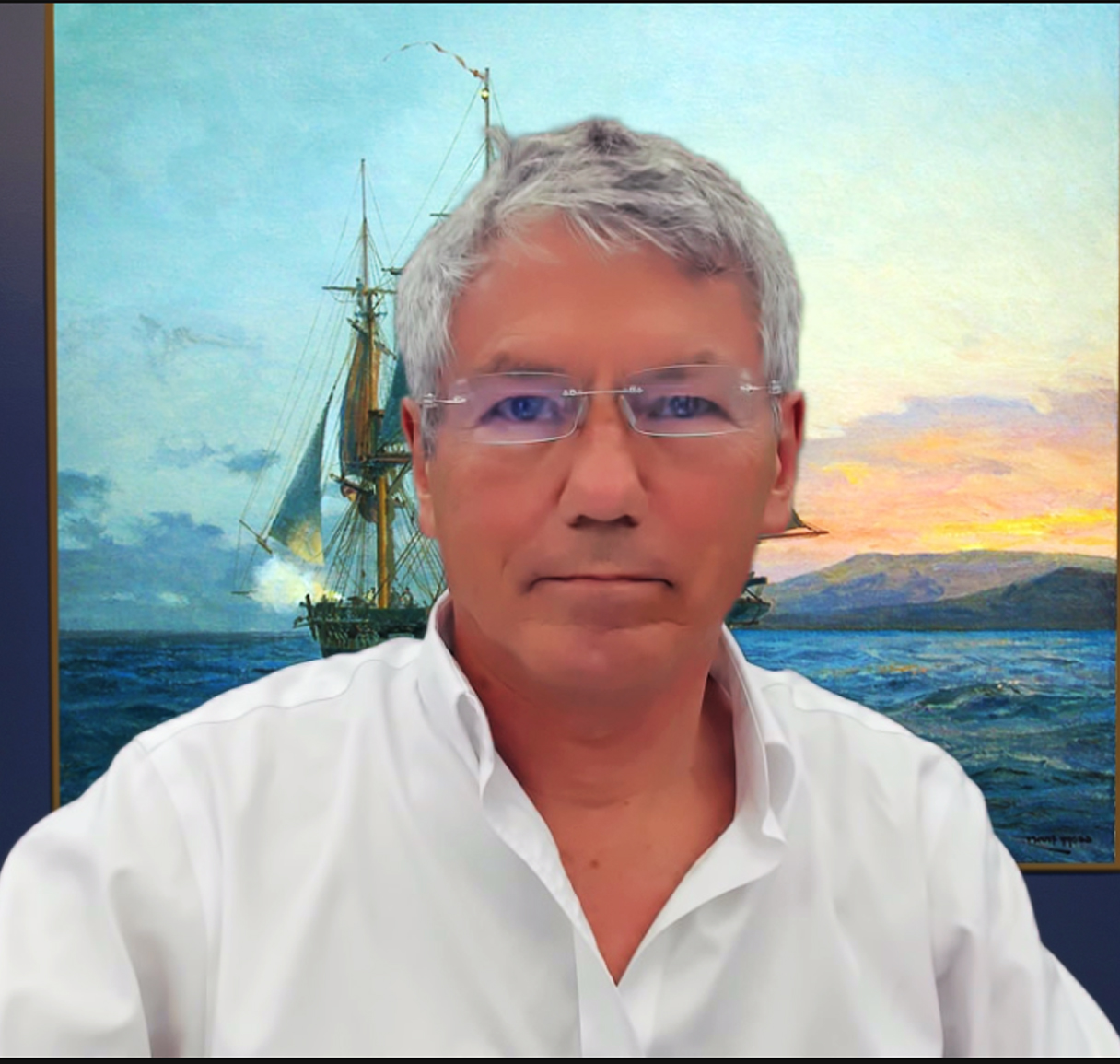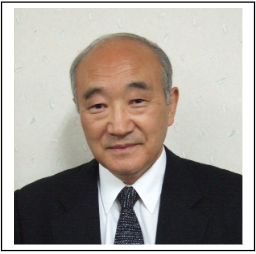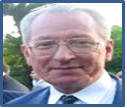Renowned Speakers

Zameel Cader
Consultant Neurologist Nuffield Department of Clinical Neurosciences , UK , UK UK

Tessa Wilson
KYNETON DISTRICT HEALTH, Australia , Australia Australia

Eef Hogervorst
Loughborough University, UK , UK UK

Dr. Michael Fossel
President & founder of Telocyte, USA, USA USA

Dr. Takaki Shimura
BME research Lab, Japan, Japan Japan

William Cho
consultant Queen Elizabeth Hospital Hong Kong, Hong Kong , Hong Kong Hong Kong

Guy H Fontaine
Professor, Hôpital de la Salpetriere, France , France France

Drini Dobi
University Hospital Center “ Mother Teresaâ€, Albania , Albania Albania
Recommended Global Neuroscience Webinars & Conferences
Europe & UK
Asia Pacific & Middle East
Canada
Neurology Surgery 2025
To Collaborate Scientific Professionals around the World
Conference Date July 24-25, 2025
For Sponsors & Exhibitors
Speaker Opportunity
Useful Links
Past Conference Report
Supported By
All accepted abstracts will be published in respective Conference Series International Journals.
Abstracts will be provided with Digital Object Identifier by
